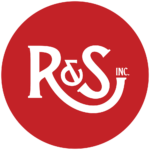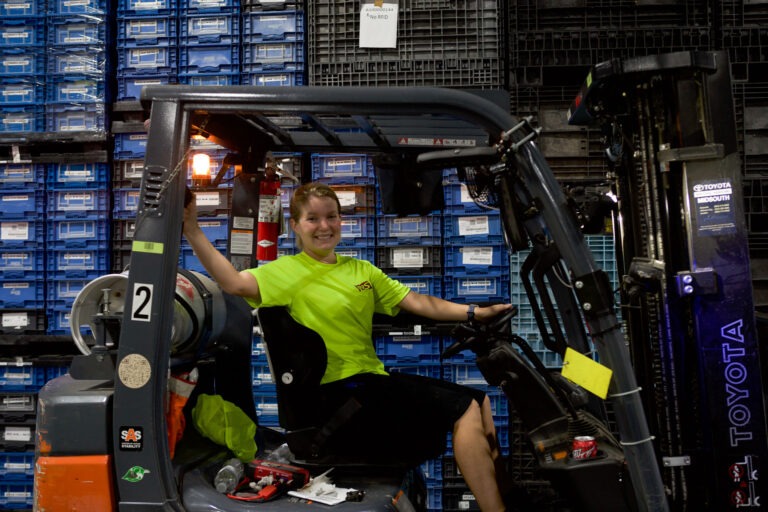The meteoric rise in e-commerce in recent years has presented retailers with a number of pain points as well as many new opportunities. The advent of the Amazon Fulfillment Center has increased customer expectations and has pushed other retailers to implement omnichannel strategies in order to attract and retain customers. More than ever before, there is a focus on providing consumers with the convenience of constant product availability, the option to shop from home, the ability to receive their products quickly, and reducing the additional costs that are associated with receiving products through the mail instead of from a brick-and-mortar store.
Unfortunately, not every retailer can afford to have their own delivery fleet, warehouse an unending supply of their products, or pay the fees associated with using Amazon’s fulfillment services. This is where third-party logistics companies (3PLs) enter the picture.
3PLs Account for a Growing Number of Warehouse Facilities
Modern 3PLs are simply shipping products from manufacturers to retail stores. More and more, they’re also providing the warehouse space e-commerce retailers need to ensure a consistent supply of products is available for customers who prefer to make their purchases online and count on affordable delivery. In this endeavor, 3PLs are also investing in systems needed to manage their warehouses and execute accurate and timely deliveries and the personnel needed to communicate with retailers and ensure a smooth process from start to finish.
Warehousing and distribution facilities provided by 3PLs offer the ability for retailers to meet the 1-2 day shipping that customers expect and some, including R&S Logistics’ East Tennessee and Knoxville locations, even have the ability to load and offload barges through the use of heavy load-handling equipment.
Product fulfillment is handled by the 3PL, including the storage of bulk products. When an order is made for one of the products the retailer offers, the 3PL will draw the ordered product from inventory, and pack the product along with instruction sheets, brochures, labels, and other information intended to accompany the order. They then distribute the product through freight or parcel shipment.
3PLs have traditionally provided transportation and distribution of products and in addition to the newer options geared for omnichannel strategies, they still do. Whether a retailer has a full trailer load of products to be delivered to a store or they need a single order shipped, a 3PL has the shipping capabilities to handle the order, such as the availability of hotshot, flatbed, box van, or last-mile delivery.
A modern 3PL such as R&S Logistics can also help streamline the shipping process through cross-docking, which involves taking freight from an inbound transport, sorting it, and loading it onto the appropriate outbound vehicle without time spent in tracking or storing the product. This results in a reduction of handling costs, and gives companies the ability to have their freight delivered faster and cheaper.
Trust R&S Logistics to Handle Your Omnichannel Supply Chain
R&S Logistics has a commitment to providing quality logistical solutions for e-commerce retailers with an emphasis on building a trusting partnership between our employees and customers so that we can grow together. Serving companies in Georgia, Indiana, Kentucky, North Carolina, and Tennessee, R&S has carrier relationships nationwide, an active fulfillment center, and a number of warehouse locations. In addition to the services discussed above, we are pleased to offer a number of value-added solutions, including light assembly, food storage, freezer storage, and even hazmat storage options.
To learn more about how R&S Logistics can help you solve your omnichannel supply frictions, send us a message through our online contact form or call us at (865) 388-6715.


